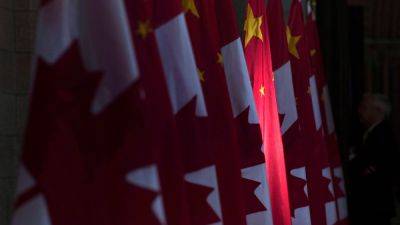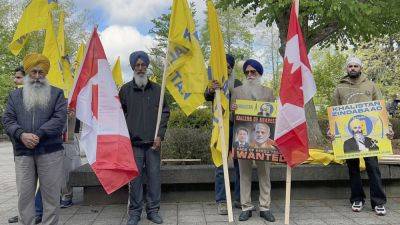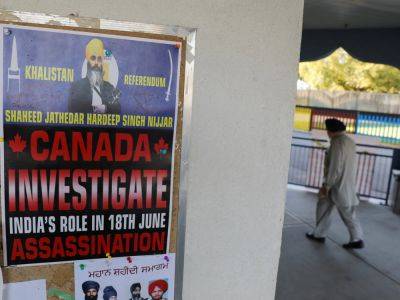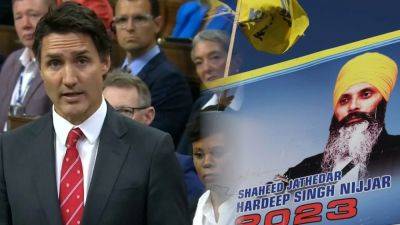Global negotiations on a treaty to end plastic pollution at critical phase in Canada
OTTAWA, Ontario (AP) — For the first time, negotiators from most of the world’s nations are discussing the text of what is supposed to become a global treaty to end plastic pollution.
Delegates and observers at the Intergovernmental Negotiating Committee on Plastic Pollution called it a welcome sign that talk has shifted from ideas to treaty language at this fourth of five scheduled plastics summits.
Most contentious is the idea of limiting how much plastic is manufactured globally. Currently, that remains in the text over the strong objections of plastic-producing countries and companies and oil and gas exporters. Most plastic is made from fossil fuels and chemicals.
The Ottawa session was scheduled late Monday or early Tuesday. On Monday night there could sharp discussion over whether this question of plastic production is a focus for working groups before the next and final meeting.
Stewart Harris, an industry spokesperson with the International Council of Chemical Associations, said the members want a treaty that focuses on recycling plastic and reuse, sometimes referred to as “circularity.”
“We want to see the treaty completed,” Harris said. “We want to work with the governments on implementing it. The private sector has a role to play.”
Dozens of scientists from the Scientists’ Coalition for an Effective Plastics Treaty came to the meeting to provide scientific evidence on plastic pollution to negotiators, in part, they said, to dispel misinformation.
“I heard yesterday that there’s no data on microplastics, which is verifiably false: 21,000 publications on micro and nanoplastics have been published,” said Bethanie Carney Almroth, an ecotoxicology professor at Sweden’s University of Gothenburg who co-leads the







